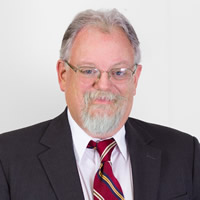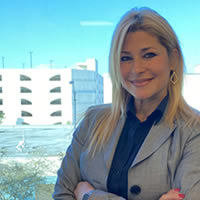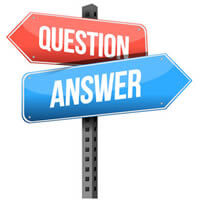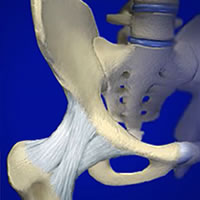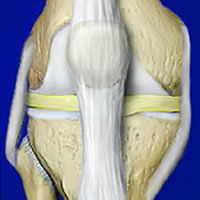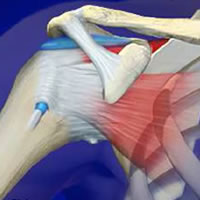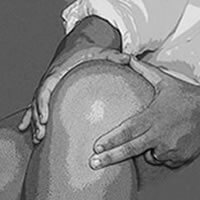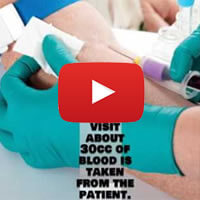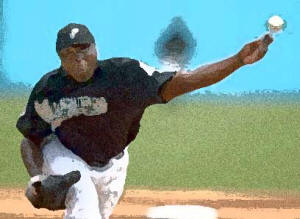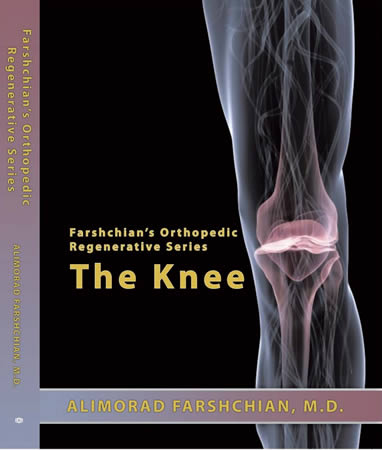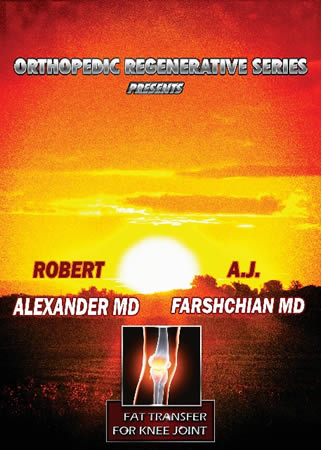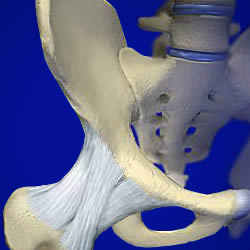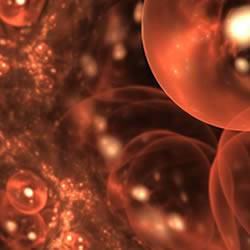Neuroregenesis as an Alternative Option for the Treatment of Neurological Diseases
- Home
- Case Studies
- Neuroregenesis as an Alternative Option for the Treatment of Neurological Diseases
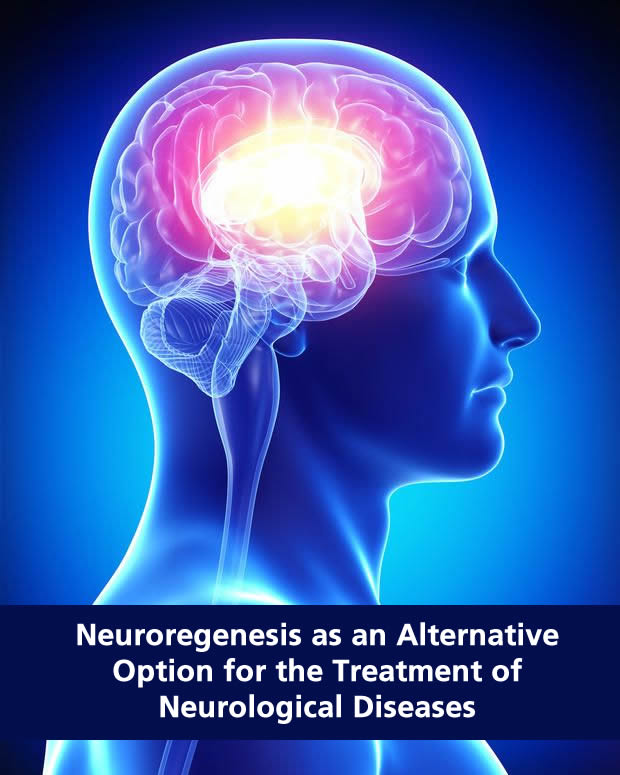
Neuroregenesis as an Alternative Option for the Treatment of Neurological Diseases
A Review Article: Neuroregenesis as an Alternative Option for the Treatment of Neurological Diseases
Alimorad Farshchian MD., Vidya Maharaj MPH, CRA, CSSGB., Roman Garcia PT
Center for Regenerative Medicine, Miami FL
Introduction
In this review, we summarize the recent opinions on methodology, timing and cell sources for MSC administration in clinical applications, and provide an overview of significance in MSC-mediated therapies.
Abstract
Stem cell-based therapies, including the mesenchymal stem cells (MSCs), have been used in clinics for more than 10 years to treat neurological disorders like brain tumors, Parkinson’s and Alzheimer’s disease. As indicated in various pre-clinical and clinical studies, stem cells have afforded promise in the treatment of numerous diseases, mainly tissue injury and immune disorders. Despite their potential, optimized cell delivery to the CNS remains a challenge as shown in both human and animal studies. In this review, we summarize the recent opinions on methodology, timing and cell sources for MSC administration in clinical applications, and provide an overview of significance in MSC-mediated therapies. Although MSCs for cell therapy have been shown to be safe and effective, there are still challenges that need to be tackled before their wide-scale application in the clinic. The case study from the Center for Regenerative Medicine sheds light on the effectiveness of UBC-MSCs administration in a clinical setting (please see case study section for more details) and the significant improvement seen in just 2 clinic visits.
Methods
A systematic PubMed search was conducted for all English language articles published during past 10 years, focusing on literature featuring various aspects of stem cell therapy. To perform as broad a search as possible, we utilized various search terms, either alone, or combination of two or more terms as. A case study was also presented in the article from a patient who showed significant improvement from MSCs therapy, supporting the evidence for this article review.
Introduction
Stem cells have the ability to renew themselves for long periods without significant changes in their general properties. These are unspecialized cells that can differentiate and regenerate into various specialized cell types under certain physiological or experimental conditions. Cell-based therapy, which is a type of regenerative therapy, is based on stem cells and describes the process of adding of stem cells into the body to treat a disease. This potentially eliminates the need of gene therapy.
Mesenchymal stem cells (MSCs) are also known as multi-potent progenitor cells derived from non-marrow tissues such as placenta, umbilical cord, adipose tissue, adult muscle, corneal stroma, are a few to mention. These MSCs are characterized by their extensive proliferative potential to differentiate along various lineages of mesenchymal origin. These factors suggests MSCs as a source for regenerative therapy that could treat various disorders.
Finally, based on the available literature, we offer recommendations for challenges that represent critical next steps in ameliorating the efficacy of neurogenesis as an alternative option to conventional medicine.
Another important characteristic of UCB cells is that they are more juvenile than those collected from adult tissues; therefore, these cells are easier to expand in culture, more tolerant to human leukocyte antigen (HLA) disparities, and significantly lower risk for immune rejection (Danby and Rocha 2014).
Case Study/Procedure
A 83-year-old Puerto Rican woman with 5 year history of Alzheimer’s was presented to the office by her son with symptoms of forgetfulness that seem to be worsen over time. The son expressed concern that she has trouble remembering him and other family members. Patient was treated with intranasal MSC cells. The Mini Mental State Examination (MMSE) was performed at both clinic visits The neurological exam confirmed signs of impairment due to Alzheimer’s.
Mixture
1cc PRP (Platelets-Rich Plasma) mixed with Sodium Bicarbonate and 1cc of UB-MSCs
Procedure
Patient pre-medicated with intravenous 12.5g Mannitol (disrupting the blood barrier for permeability of MSC mixture)
Cotton balls soaked with 2% Lidocaine and Epinephrine solution were placed in the nasal cavity for 4 minutes to achieve maximum local anesthesia.
Note: Cotton balls were not allowed to stay more than 4 minutes in the nasal cavity to prevent any adverse effect of the Epinephrine.
Inferior turbinate was visualized bilaterally and injected with 1 ½ cc of MSC mixture to each side of the nostril.
Figures

Figure 1. Illustration of Clock Drawing From Clinic Visit 1

Figure 2. Illustration of Clock Drawing From Clinic Visit 2
Results
The patient was asked to draw a clock (see figure 1 and 2 for reference) on first and second clinic visit. Based on the analysis of the drawings and MMSE exam, the patient scored 10 on her first clinic visit. On her second clinic visit patient scored 15 points, demonstrating a 5 point increase from last drawing. These results authenticate the effectiveness of the administration of intranasal MSCs in an individual diagnosed with Alzheimer’s Disease.
Case Study Date: 2/14/2018



